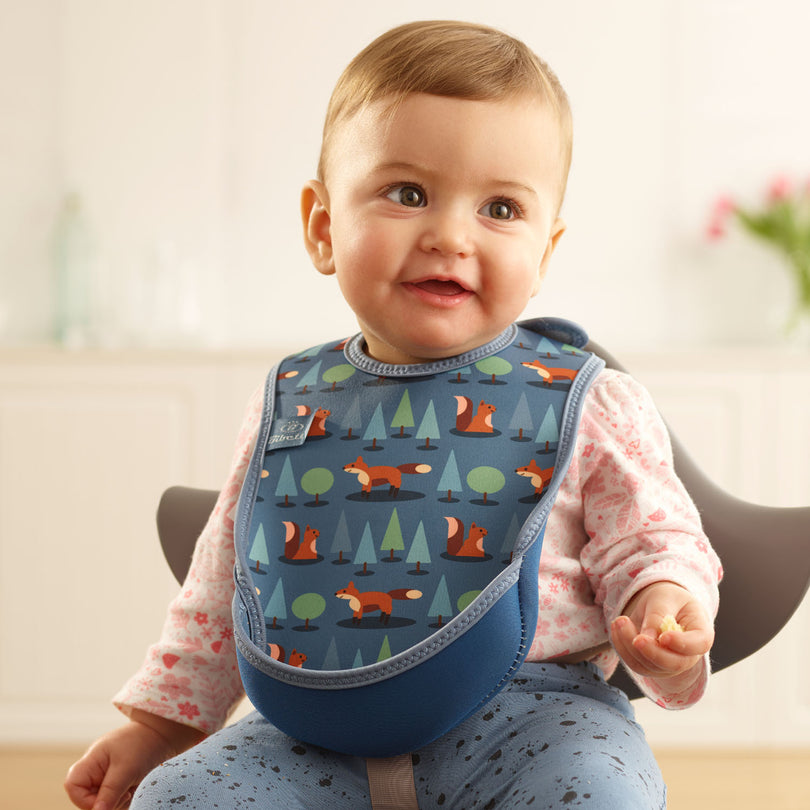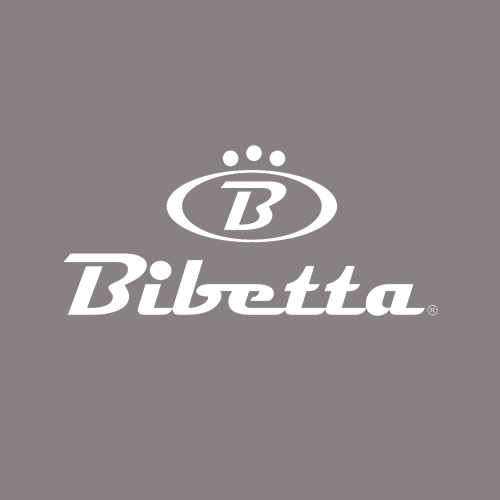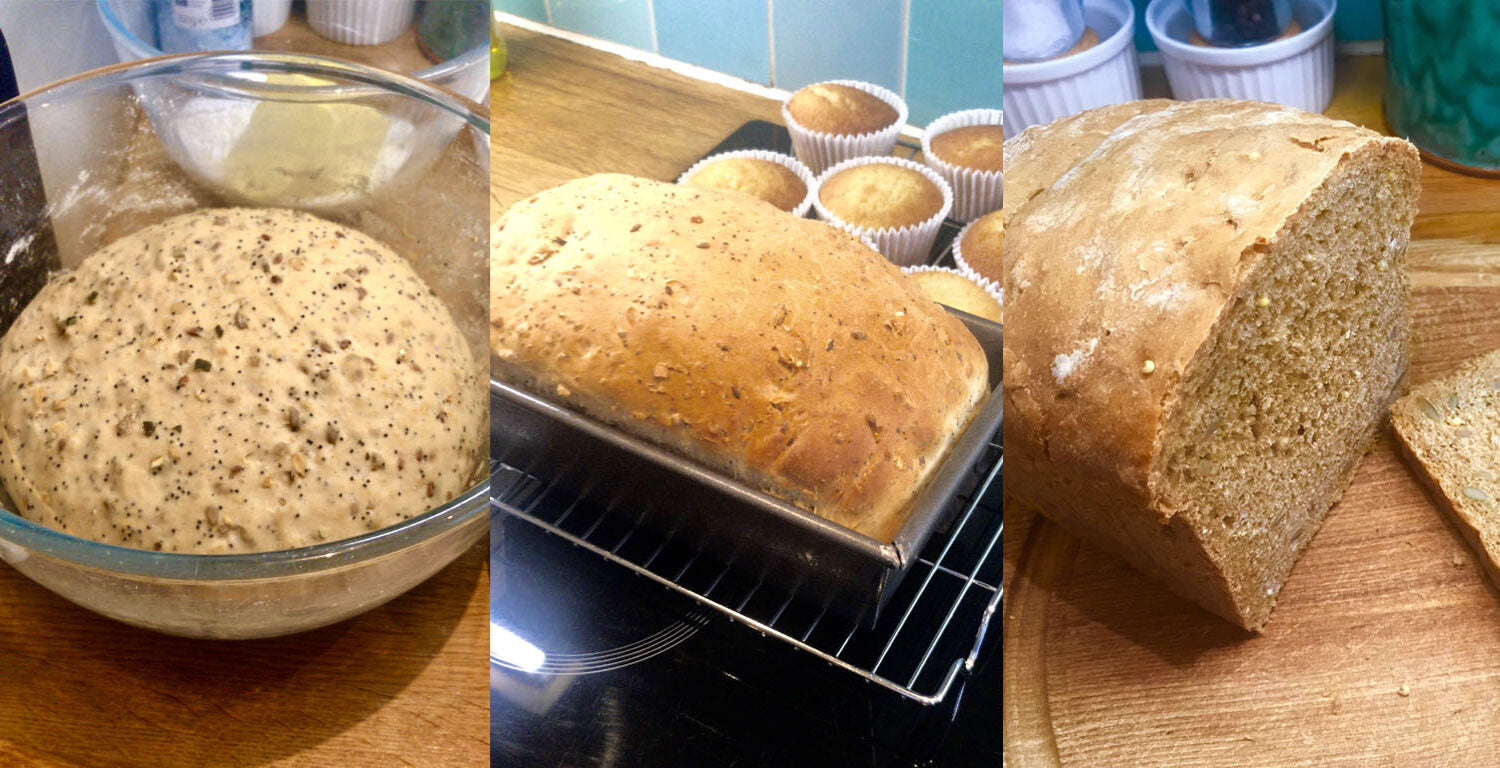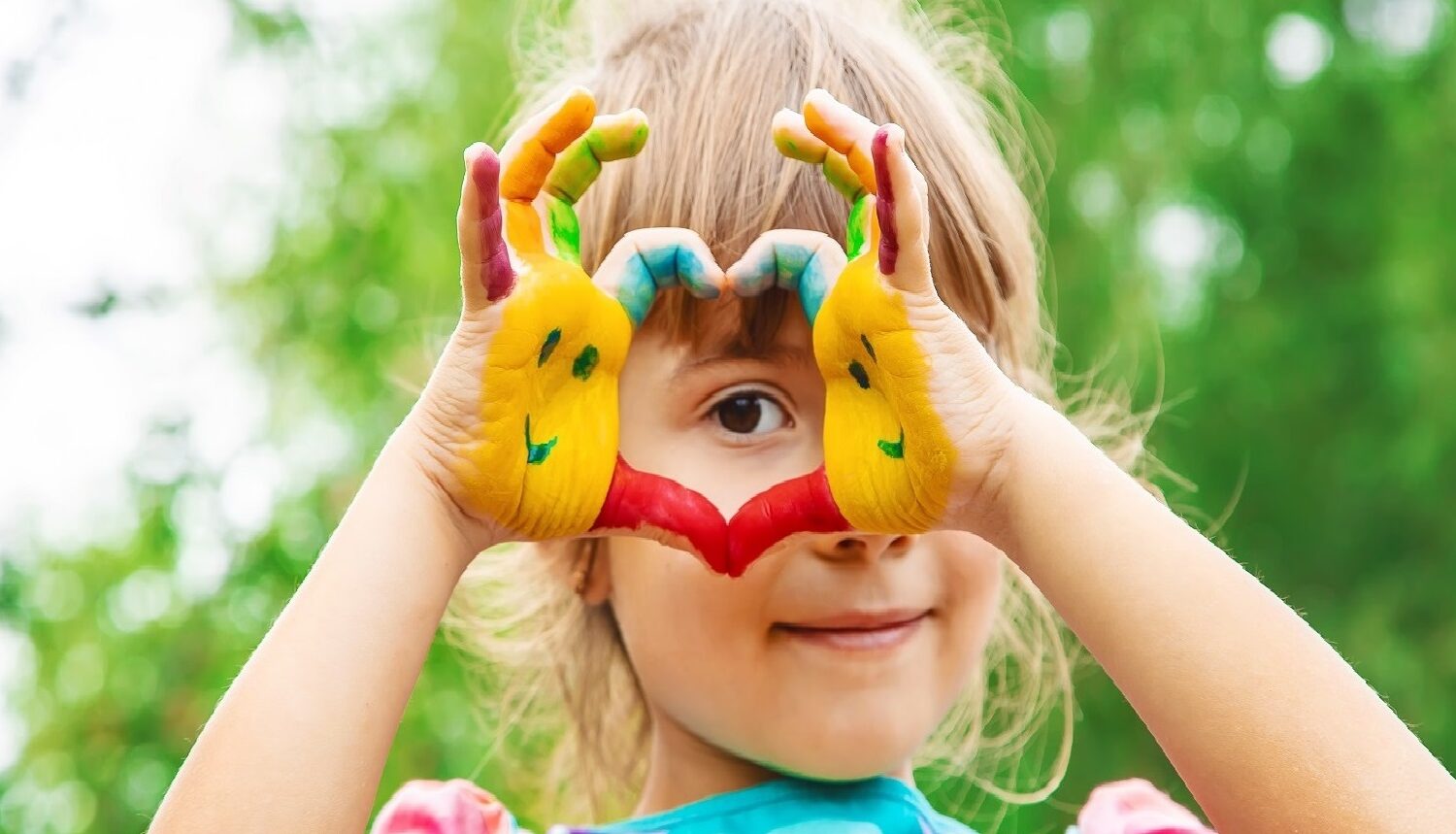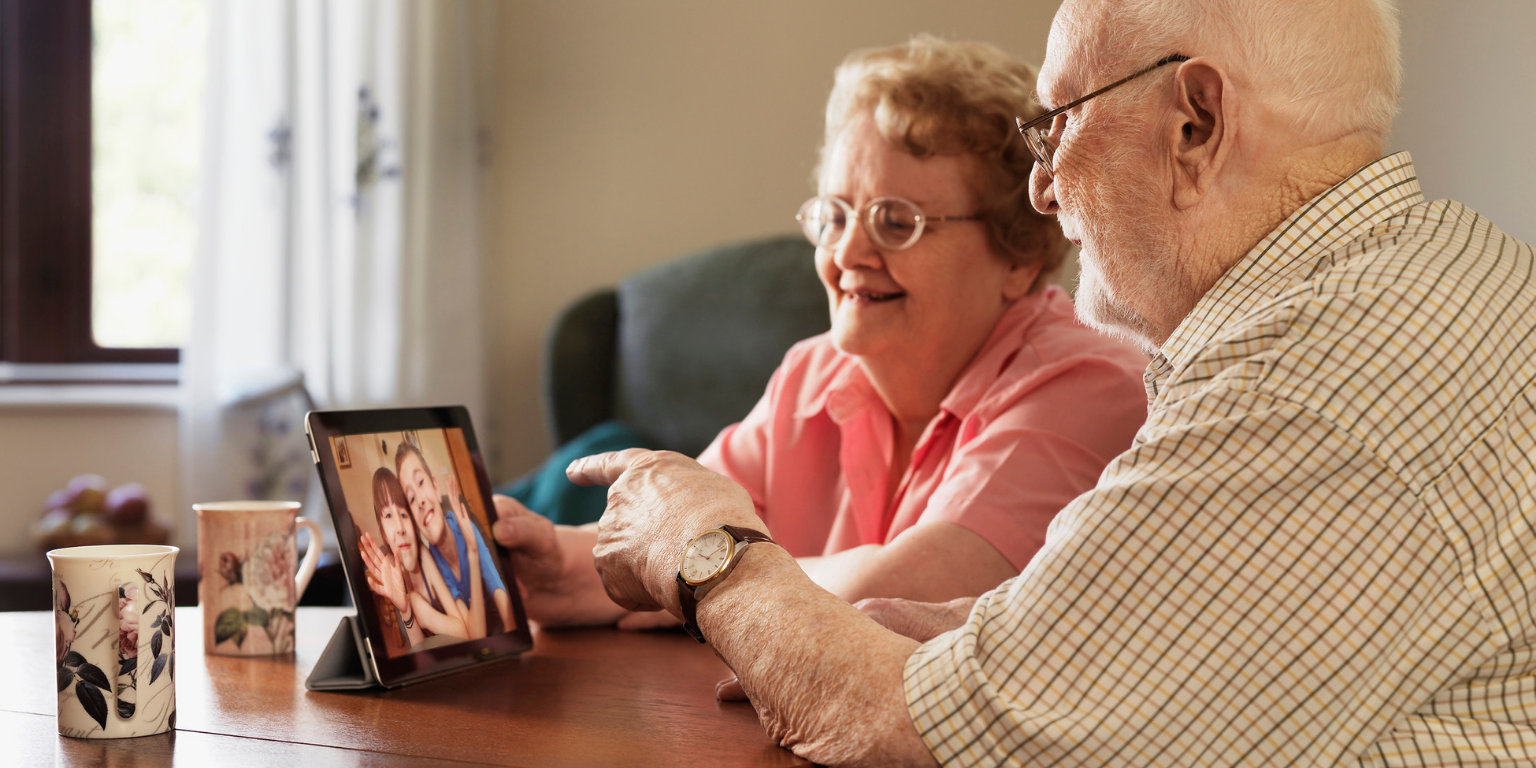Bread – the food of life
Bread is quite possibly the most under-rated foodstuff in our modern diets. It’s often a food that we introduce to babies and toddlers early on, and there are plenty of reasons why.
Toast is great for baby led weaning, as little ones master the art of self feeding. It’s also perfect to have a good old chew on when they are teething. As toddlers get older, sandwiches are the ideal food for days out, and can usually suit even the fussiest eater. Or, when little tummies are feeling fragile from bugs and nasties, a slice of dry toast is usually what the doctor orders.
Bread is an integral part of most cultures’ diets as well as our own. Naan, pitta, baguette, bagel, and tortillas are just a few other breads that make tasty snacks for children.
Bread is so quick and easy to get hold of, and mostly safe for everyone to eat that it’s a staple throughout our lives. We say mostly, because it’s important to consider different diets and look carefully at the ingredients for instance to make sure it is safe for those with allergies such as gluten and nuts. If you’re worried about possible allergens, it can be safest to buy bread without any additives, or make your own and who doesn’t love the smell of freshly baked bread!
Healthy home baked bread
Real Bread Campaign’s basic definition is “bread that is made without the use of so-called processing aids or any other additives”. No baking powder, chemicals, or other processing-aids. Most people instantly think of sourdough loaves. During the first lockdown, our Instagram feeds were rammed full of freshly baked sourdough loaves but there are many more types of bread that fit the bill.
So, to celebrate Real Bread Week, we thought we’d share our top tips for making bread with little ones.
Baking bread with children
The good news is that you don’t have to be an expert to make your first batch of homemade bread. It’s even something that you can get the kids involved with at an early age.
One thing that is guaranteed when doing any kind of baking with children is that it will be messy.
Mess is part of their learning, and can be a lot of fun. So, in the words of Frozen ‘let it go’, it’s a great activity to do together.
Tips:
- Give yourself enough time to do this, don’t rush, otherwise you and your children will not enjoy the activity and be put off doing more baking in the future
- Start off with something simple. Here is a great recipe for flatbread to make with the kids.
- Flour and water equals mess (or playdough for children!). Make sure they are protected, use bibs with sleeves or an apron to protect clothing, and make sure everything in the area is washable. You could use our Wipeezee® large Splash Mat to protect your table, work surfaces or stop mess splashing all over the floor!
Learning through baking
Each step in the baking process is an opportunity to teach your children. They might not realise it, but the fun activity that they enjoy doing, is a great learning experience too.
Depending on their age, they might need some help with measuring out the ingredients, but there’s still lots they can do. It goes without saying to supervise them at all times around the utensils and the oven.
Children can help with the weighing scales, spotting numbers, adding up, and learning about the units of measurement. When it comes to mixing the ingredients, you can discuss how some behave e.g. how oil feels, or what yeast does and why you need to add it etc.
Once you have kneaded all ingredients, you can explain about the process and watch the dough rise. And don’t forget that they will need to keep an eye on the timer to countdown to when the bread is ready to eat.
Baking bread can empower children as they can do most of the steps themselves. It can also allow for creativity. After all, who doesn’t want a turtle-shaped bread roll?
Variety is the spice of life
If baking proves to be a success for your family, why stop at the basic loaf? Try making rolls, flatbreads, garlic bread and even pizzas. There are so many bread types that you can try.
What’s more, if you’ve got a fussy eater, cooking together is a brilliant way to teach them about where their food comes from. By involving children in making their own meals, it can encourage them to be a little more adventurous when it comes to trying new foods.
Happy baking!

